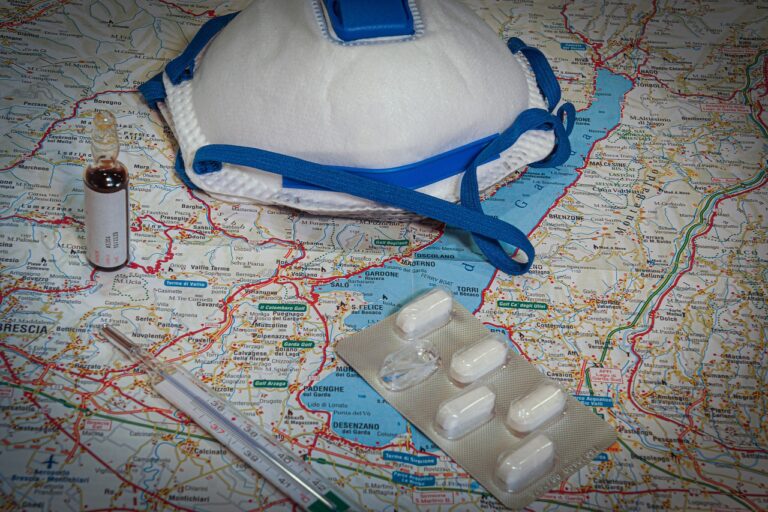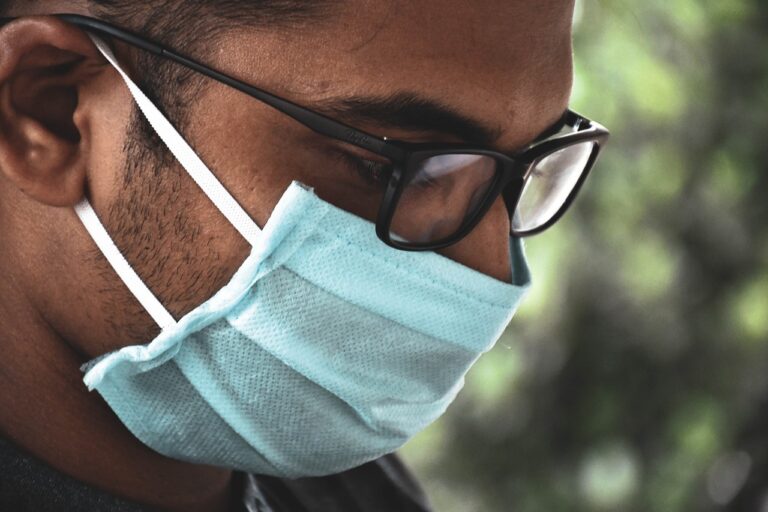Addressing the Risks of Toxic Relationships
Recognizing the signs of a toxic relationship is essential for maintaining one’s well-being. One common red flag is constant criticism and belittling by your partner. In a healthy relationship, both individuals should uplift and support each other rather than tear one another down.
Another indication of toxicity is when one feels constantly manipulated or controlled by their partner. This can manifest in various ways, such as being isolated from friends and family, or constantly feeling guilty or inadequate. Remember, a healthy relationship is built on mutual respect and trust, not on power dynamics and manipulation.
Understanding the Impact of Toxic Relationships on Mental Health
Toxic relationships can have a profound impact on one’s mental health. Individuals who are involved in toxic relationships often experience increased levels of stress, anxiety, and depression. The constant negativity, manipulation, and lack of support in these relationships can lead to a sense of helplessness and low self-worth.
Moreover, toxic relationships can also result in physical health issues such as migraines, digestive problems, and lowered immune function. The toll that toxic relationships take on an individual’s mental and physical well-being can be significant and long-lasting. It is crucial to recognize the signs of a toxic relationship and take steps to address the issue for the sake of one’s mental health.
How do I know if I am in a toxic relationship?
Signs of a toxic relationship include constant criticism, lack of support, feeling drained after spending time with the person, and feeling like you have to walk on eggshells around them.
What are the effects of toxic relationships on mental health?
Toxic relationships can lead to anxiety, depression, low self-esteem, and even PTSD in some cases. They can also contribute to feelings of worthlessness and hopelessness.
Can toxic relationships be fixed?
In some cases, toxic relationships can be improved through communication, setting boundaries, and seeking outside help from a therapist or counselor. However, it is important to prioritize your own mental health and well-being.
How can I end a toxic relationship?
Ending a toxic relationship can be difficult, but it is important to prioritize your own mental health and well-being. Seek support from friends, family, or a therapist, and consider setting boundaries or seeking professional help if needed.





